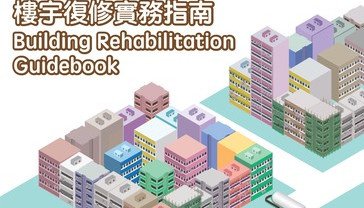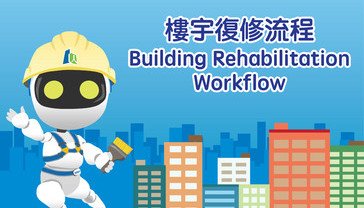No building is immune to defects, regardless of the age.
According to British-Adopted European Standard BS EN 13306:2017 (Maintenance – Maintenance Terminology), an item (building element) may be regarded as ‘defective’ when it fails to perform its functions (excluding temporary suspension of operation/deactivation due to scheduled check-up or maintenance).
Building elements are generally categorised as ‘building conponents’ or ‘building services’. Whatever types they belong to, each one has its own designated life expectancy, in which span it is subject to gradual deterioration or ageing after repeated use. In addition to defects arising from the lack of appropriate maintenance, improper use of these elements may as well overwhelm their capacities and aggravate the deterioration. A case in point is the unauthorised building structures which may add to the structural burden and cause premature structural cracks to occur on its beams.
It is easy to overlook defects in building elements as they are usually elusive to the naked eye. Failure to address them timely will result in the continued exacerbation of the condition that puts users and the public at risk.
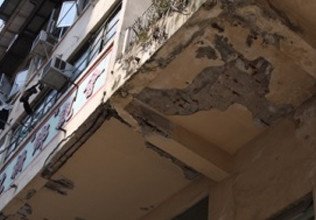
Rusty steel reinforcement or overloaded concrete may cause concrete spalling, or even peeling off
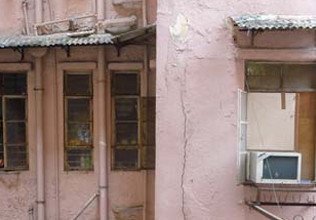
Defective exterior finishes/ facade and excessive movement of building structure may cause damage to the external wall. It does not merely affect the appearance but also its protective function to the building.
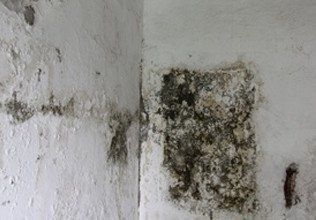
Water seepage can be caused by numerous reasons. However, all kinds of seepage may spoil environmental hygiene, and even cause damage and rust to the reinforcing steel inside concrete.
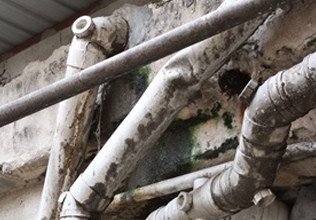
Defective drainage system may favor the spread of germs and hence affect environmental hygiene. In the long run, the steel reinforcement and the building structure will be affected as a result of water leakage caused by the defective drainage pipe.
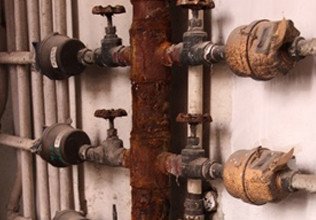
Broken water pipes may lead to failure or suspension of the fresh water supplies system, causing inconvenience to occupants and disruption of environmental hygiene.
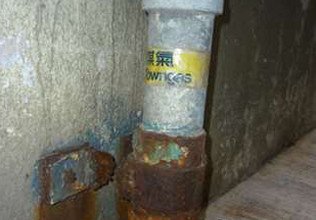
Broken gas supply pipes will affect the normal operation of the gas supply system and public safety.
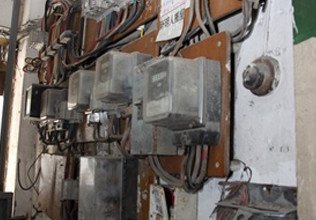
Damaged electrical installation will affect building occupants and public safety.
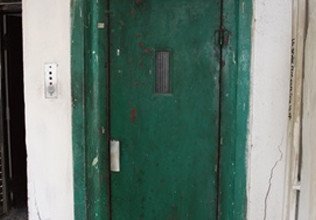
Lack of regular maintenance will affect the efficiency and the safety operation of lifts.
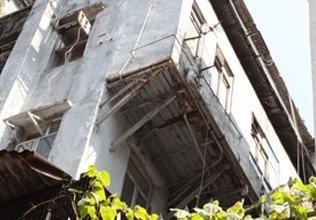
Unauthorized building works (UBW) may constitute structural and safety problem to the occupants as well as the public. Buildings Department will take enforcement action against irregularities of building works by issuing Orders to the respective owners/ the co-owners for the UBW at common areas.
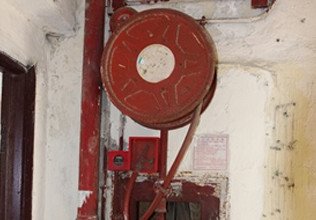
Fire safety provisions can restrict the spread of fire and protect lives and properties. Fire service installation aims to enhance the building safety. Defective fire safety provisions and fire service installation will affect the safety of occupants and the public.
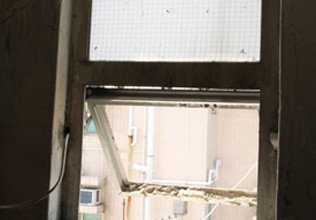
Defective windows may cause serious consequences as it will cause danger to building occupants and the public as well.






